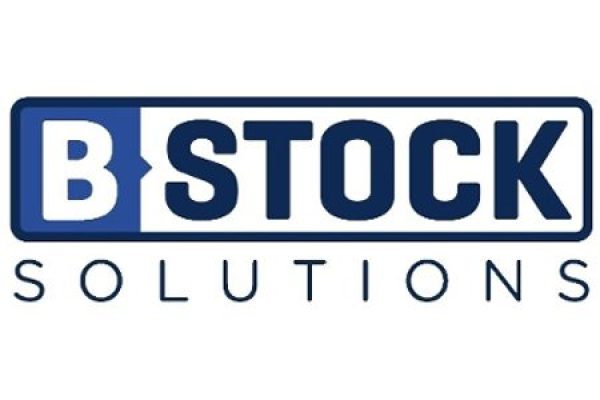The hidden costs that retailers are forced to absorb as a result of online retail returns are threatening the future of ecommerce, B-Stock’s EMEA Director warned today.
Speaking on the opening day of eCommerce Expo, Ben Whitaker highlighted that ecommerce has transformed UK retail, with Retail Economics predicting that more than half of all retail sales will be made online by 2028, up from 19% currently.
Despite all the promises that ecommerce brings, Whitaker said, the hidden costs to retailers could see online stores suffering.
“One UK department store is said to have claimed that any online order under the value of £30 is unprofitable,” said Whitaker. “Now, consider that between 30% and 50% of items purchased online are returned: how do you even begin to recoup the loss? Taking control of your reverse logistics processes is one way to help.”
According to Whitaker, free returns policies are one of the factors that made online shopping so appealing to consumers from the start, but the hidden costs associated with these services are cutting into overhead costs.
“Trends such as wardrobing, fast fashion and the rise of online influencers has contributed to an increase in impulse purchases, which in turn feeds into a surge of return rates,” Whitaker added. “When a large portion of customers are buying with the intention to immediately return some or all of the items, retailers need to utilise the available technology to provide a frictionless reverse supply chain that can get products back on shelves or through the liquidation process.”
Getting products ready to be sold again is a process that further cuts into profit margins; every time a product is touched there is an added cost, including administration, shipping, cleaning, packing and storage. This process is not a realistic option for some retailers – particularly those that have a low average sales price per unit – so having an alternative available is key.
“An increasing amount of returned inventory is now being sent directly for liquidation,” continued Whitaker. “This includes all conditions, from brand new to used or even individual parts. Some of the world’s largest retailers are taking advantage of newer technology-based liquidation methods that produce much higher recovery rates for merchandise.”
B-Stock’s B2B liquidation marketplace platform sets up an online auction dynamic where retailers and manufacturers can sell directly to a diverse base of approved business buyers in a competitive online auction environment. This drives greater demand, higher pricing and a faster sales cycle while maintaining the brand control the retailer needs.
“Online auction platforms can provide retailers with an opportunity to sell its stock at the maximum value,” Whitaker concluded. “Taking control of reverse logistics is absolutely key for retailers to avoid unnecessary costs and overstock to be able to provide consumers with the returns processes they demand.”






